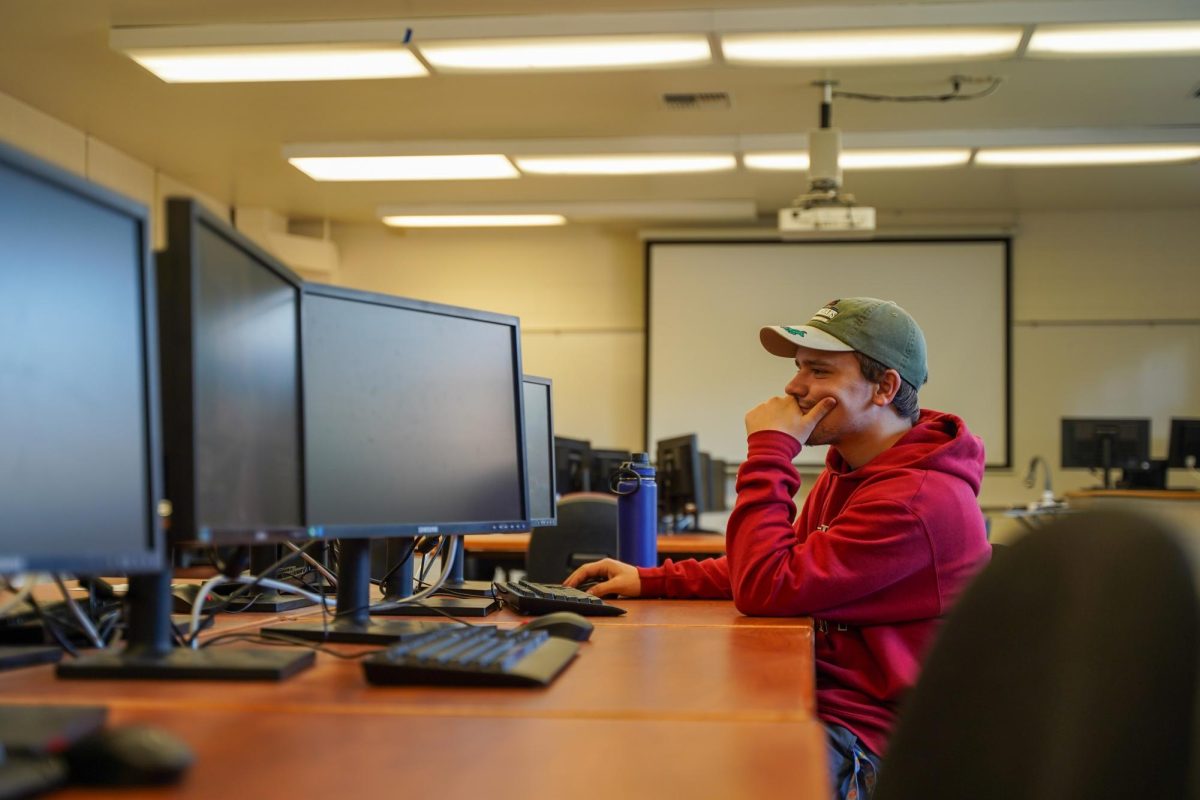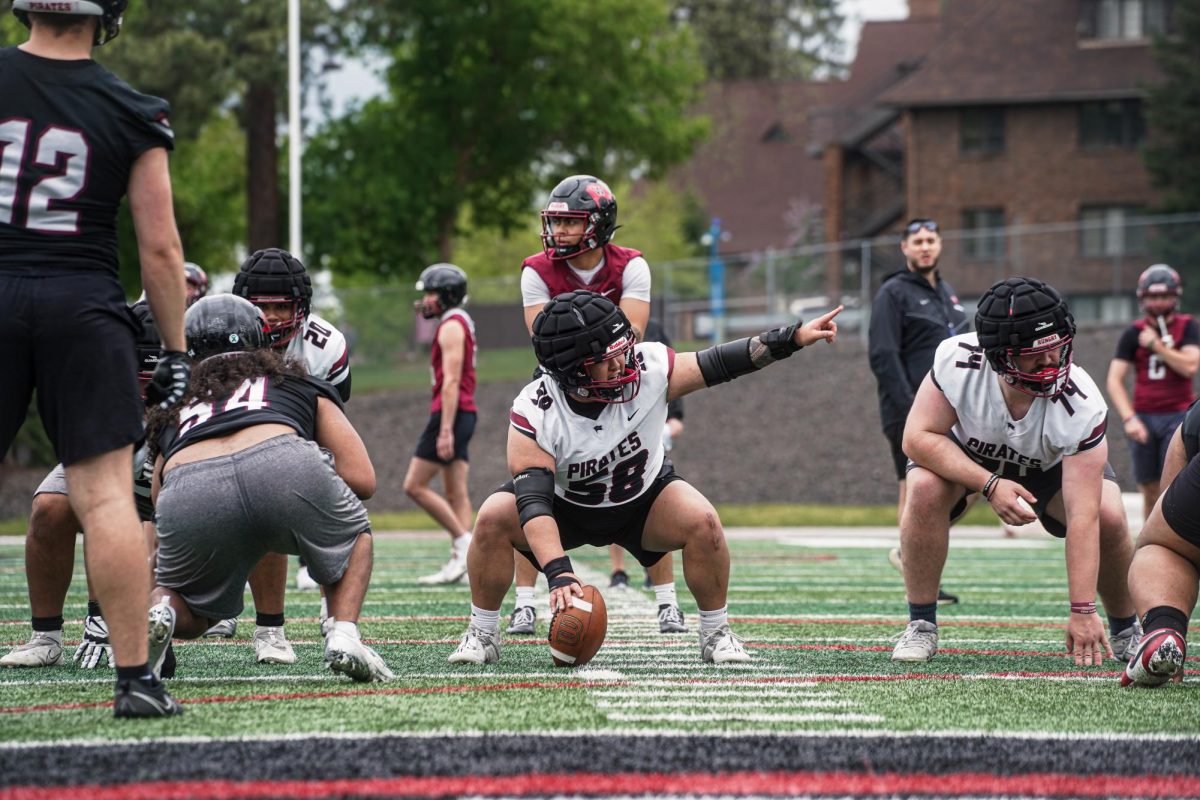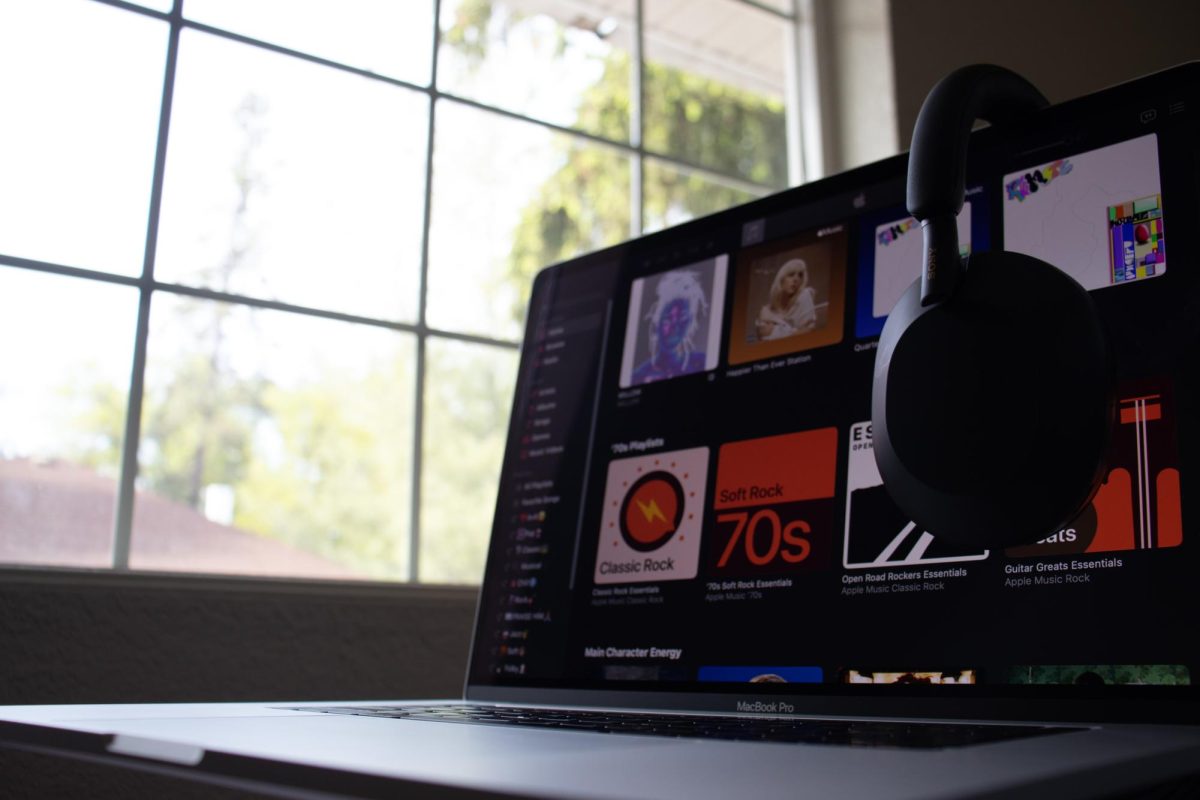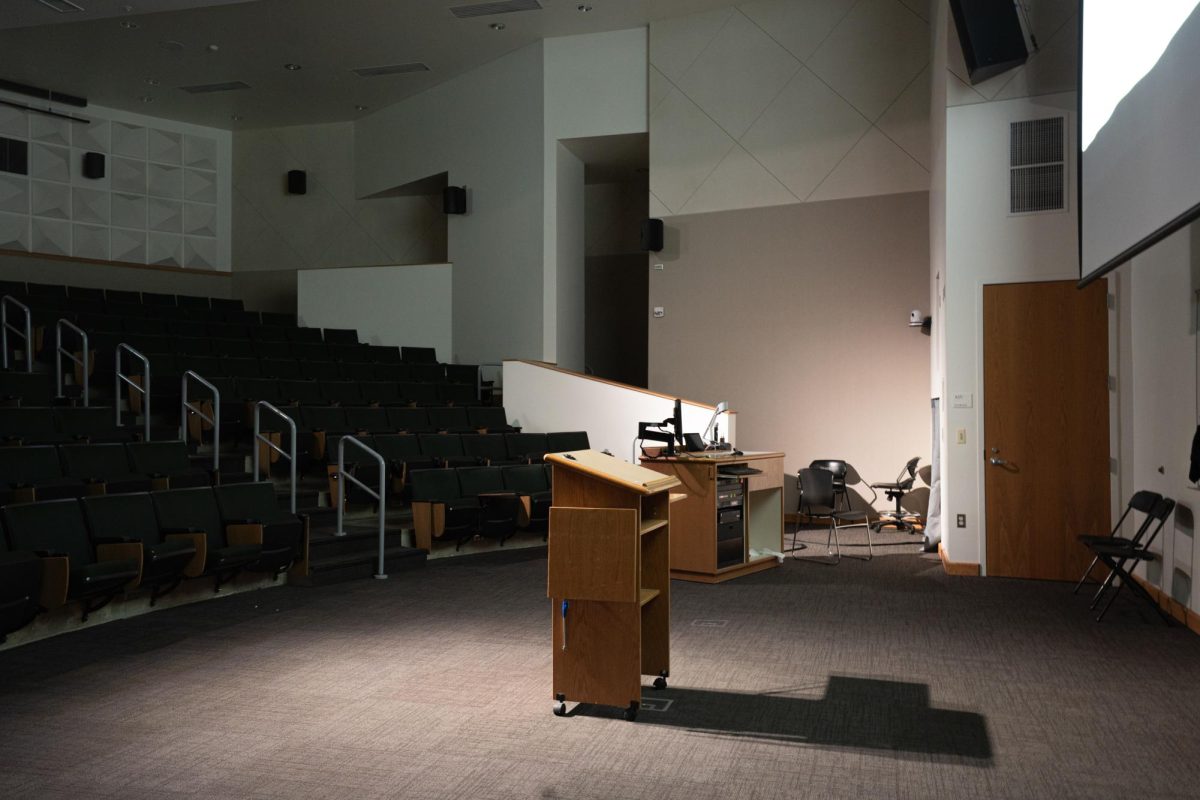On Wednesday, April 16, the second speaker of Weyerhaeuser’s Spring Speaker series, Felicia Sung Wu, gave the lecture “Faith Formation in a Digital World.” In the lecture, Wu explored digital practices as a kind of secular liturgy and pointed her audience towards spiritual disciplines and low-stakes experiments as a form of rest from technology-monopolized culture.
Wu began her lecture by describing the transformative experience she went through 14 years ago when she accepted the iPhone 4 into her life. She defined technology as convenient, efficient and pleasurable, but also detailed how technology can negatively penetrate our habits and thoughts.
Technology has become embedded in culture, and Wu considered it a part of the social imagery that she defined as a story that “incorporates a sense of normal expectations we have of each other, the kind of common understanding that enables us to carry out the collective practices that make up our social life.” For Wu, the digital space acted as a story that explained what the culture believed to be the human condition.
Wu then presented a series of facts to back her claims around technology, including that 83% of Americans keep their smartphone near them “almost all the time.” She used these facts to back her claim of permanent connectivity to technology as more than an activity but a state of being.
To counter this secular liturgy of technology, a “ritual practice that teach[es] us to love something different from the Kingdom of God,” Wu presented two methods of resistance. First, she offered up the use of spiritual disciplines like silence, solitude, fasting, prayer and Lectio Divina. Second, she detailed how everyone can perform low-stakes experiments in their life. Examples of her own personal experiments included forms of monotasking, from driving in silence to labeling a dining table or bedroom as technology free spaces for food and sleep only.
Wu ended her lecture with encouragement for these experiments, saying that they are not defined by success or failure but meant to be a way to learn more about yourself and act as part of your faith journey. She also remarked that liturgy means “work of the people” and should not just be individual but communal practices. Wu called for churches as places of resistance and rest.
Rebecca Korf, a philosophy professor at Whitworth, reflected on being an audience member of Wu’s talk. She said that she was “really interested in the way that [Wu] presented digital culture as a world or as a story that we tell ourselves that affects all parts of our lives.”
Korf made the decision to take technology out of the classroom this year and spoke on how the lecture felt like a justification for this decision. She said that in these technology absent classrooms, “I have seen a huge difference, and it is amazing […] I want you to be here and to be present, that is something that I’m trying to offer my students.”
For those who wish to learn more about technology and its impact, Wu has written a book on the topic, “Restless Devices: Recovering Personhood, Presence, and Place in the Digital Age.” She also recommended the book “You Are What You Love” by James K. A. Smith, which further details secular liturgies and the power of habit.











